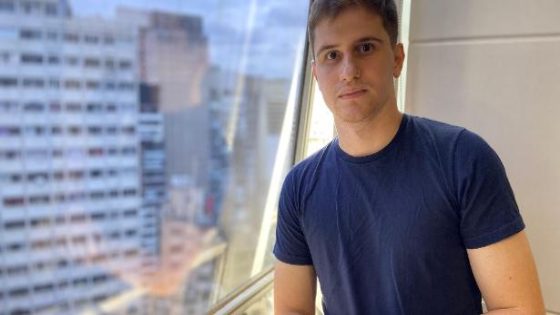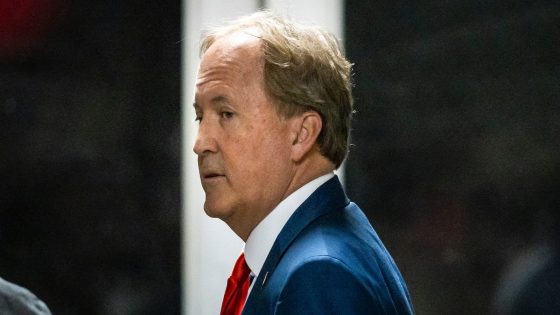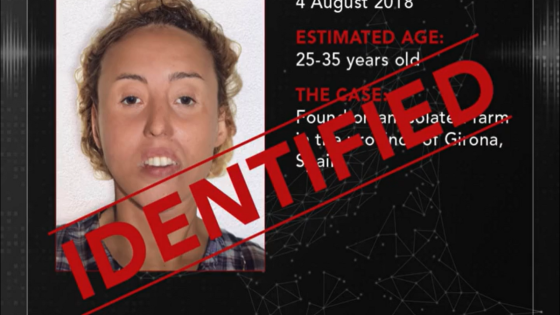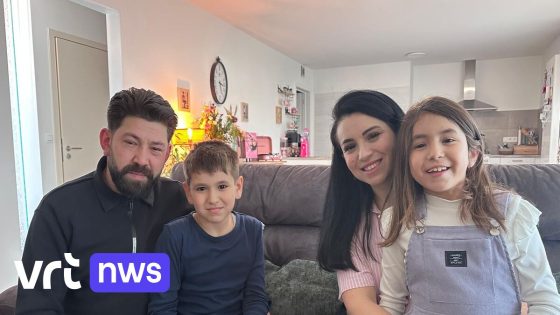Luana Luiz, a doctoral student at USP, has taken legal action against a prominent Brazilian vereador, Pavanato, for filming her without consent. This incident, which has sparked widespread debate, raises questions about privacy and the ethics of public figures. As of March 31, 2025, Pavanato has been ordered to pay damages for his actions, highlighting the importance of accountability in public office.
- Luana felt embarrassed by the video.
- She decided to sue the vereador for damages.
- Pavanato criticized the judge's conduct publicly.
- He claims he was denied the right to appeal.
- The case highlights limits on public behavior.
- Luana views the indemnity as collective reparations.
Luana Luiz Sues Pavanato Over Unauthorized Filming: What Happened?
What happens when a public figure crosses the line? Luana Luiz, a doctoral student, claims that vereador Pavanato filmed her without her knowledge, leading to her decision to seek justice through the courts. This case has not only personal implications for Luana but also broader societal implications regarding privacy rights and the responsibilities of elected officials.
Implications of the Case for Privacy Rights in Brazil and Beyond
The ruling against Pavanato has significant implications for privacy rights, both in Brazil and globally. With the rise of social media, the lines between public and private life are increasingly blurred. This case reinforces the idea that consent is paramount, especially when it comes to sharing personal moments online.
Key Takeaways from the Luana Luiz vs. Pavanato Case
Understanding the ramifications of this case can help shed light on privacy issues that affect many. Here are some key points:
- Public figures must respect individuals’ privacy rights.
- Legal consequences can arise from unauthorized filming.
- Consent is essential in all forms of media sharing.
- This case may inspire similar actions in other countries.
Public Reaction and Future Considerations
The public reaction to Luana’s lawsuit has been mixed, with many supporting her stance on privacy. As discussions around consent and ethical behavior in media continue, this case may set a precedent for how similar cases are handled in the future. Will this lead to stricter regulations for public figures? Only time will tell.
In conclusion, the case of Luana Luiz and vereador Pavanato serves as a powerful reminder of the importance of privacy and consent in our increasingly digital world. As society navigates these complex issues, the outcomes of such cases will likely shape future conversations around ethics in public life.





























